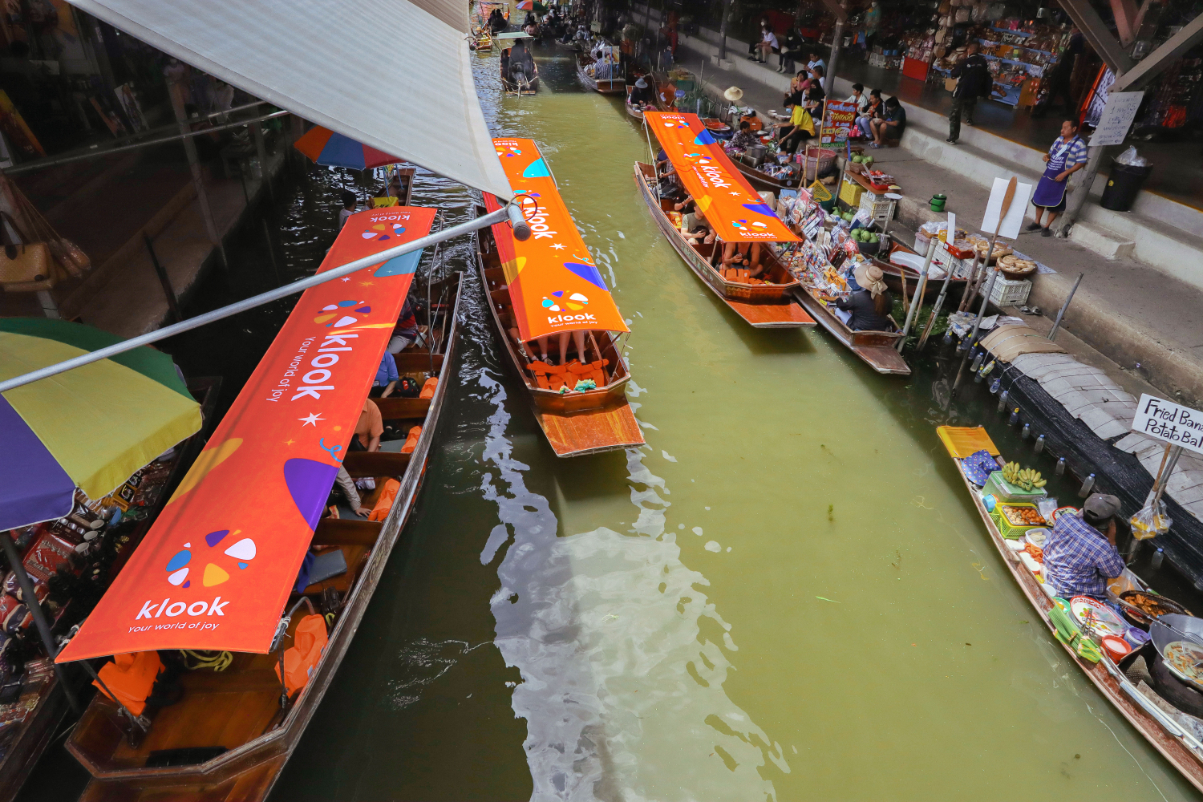Trivago TV Advertisement Makes Pitch for Business Travelers

Skift Take
When you think of hotel comparison sites such as Trivago and Kayak, an image emerges of discount-hungry leisure travelers scouring the Web and mobile apps for the ultimate deal.
But, business travelers? Assuredly they have different priorities and better places to look?
Not so, says Trivago, which is currently airing a 12-second TV advertisement in the U.S. aimed at business travelers, and indicates that the U.S., Japan and Germany are its top markets for business-traveler-oriented searches.
“Trivago is not only useful for leisure travelers," says Jon Eichelberger, who oversees Trivago's North America operations. "We're also a great resource for business travelers, especially small business owners and entrepreneurs who are more concerned about their budget."
"Business travelers can currently search for hotels by category, such as convention hotels or serviced apartments for longer-term stays," Eichelberger says. "They can also filter for hotels with conference rooms, business centers and in-room WiFi, making it easy to determine which hotels are best-suited for business."
Trivago provided some feedback on the topic from Nathan Handel, a medical device engineer in California who is acquainted with Eichelberger.
“Working for a small company without large numbers of resources in a fast-paced industry requires efficiency and using the right tools," Handel says. "Trivago was a key tool for travel planning. We do not have a dedicated planner and often make travel plans and changes with 1 day of arrival."
"Once I started using Trivago, I was able to consistently spend less time on travel plans while being able to stay at nicer hotels for less money than other lower quality hotels," Handel says. "I could also see what extra services were provided and ensure I would have the best experience (rating system) while being on the road. The time and money saved meant that I was able to focus more time on the customer and less on justifying the cost of a trip."
Kayak, too, enables users to sort hotels by business, family, leisure or romantic, although we don't recall seeing any Kayak TV ads directed at business travelers.
Given business travelers' penchant to ignore companies' travel policies and look outside corporate channels for deals, it isn't too surprising that some are using Trivago, Kayak and Airbnb to look for lodging bargains.
One of Trivago's TV spots makes an overt pitch to business travelers.
In the ad, actor Tim Williams finds himself in a cramped hotel room, with a single bed and sparse amenities, but using Trivago he ends up in a spacious hotel room replete with double bed, desk, computer and a TV.
"Do you want to get more out of your business travel budget? Trivago compares more than 150 websites, finds you a better hotel without spending more. And that's how Trivago get you the most for your travel budget Hotel? Trivago.
Here's the ad:





